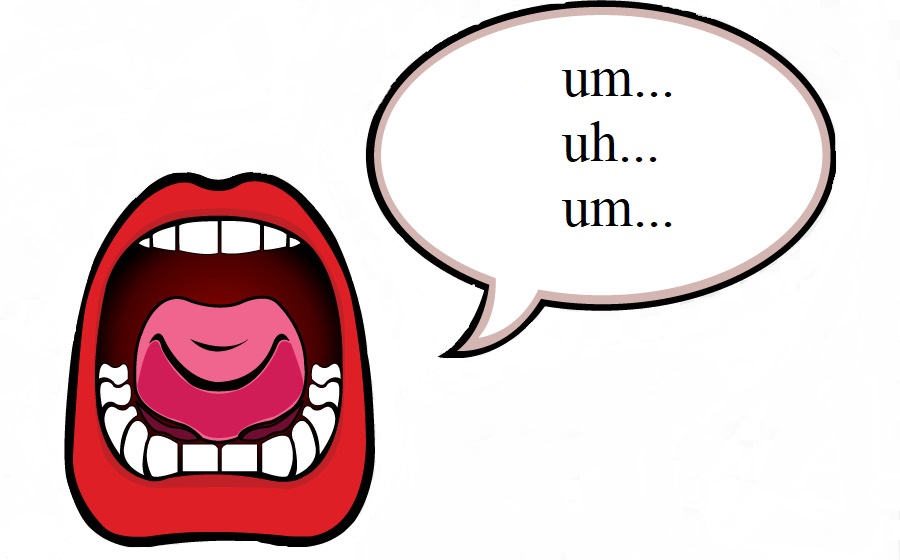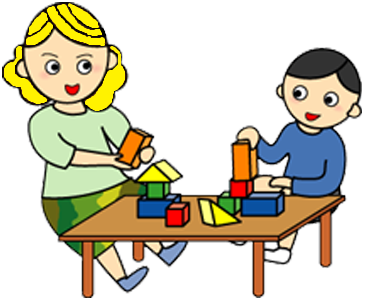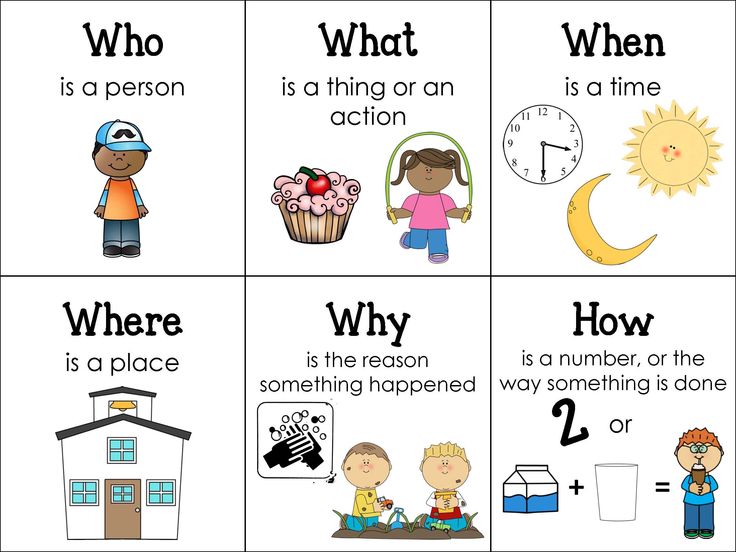Individual Therapy
Each child has a unique set of circumstances and concerns, that are taken into account during therapy. Birth and medical history, second and third language learning, specific diagnosis (e.g. ASD, Aspergers, ADHD, Apraxia, OMD), and the child’s individual personality help to shape the therapeutic process.
Parents play an integral role in therapy, and are encouraged to join the sessions.
Both face-to-face and teletherapy sessions are available.
LANGUAGE
Language is made up of many components, including: morphology (i.e. the way in which individual units of meaning combine to make up words, such as “-ed” to indicate past tense, “-s” for plurality, or “-’s ” for possession), semantics (i.e. the meaning of words), syntax (i.e. the way in which words are put together to form meaningful and grammatical sentences), and vocabulary (i.e. the specific words a person knows and uses). There is also symbolic meaning behind prosody (i.e. the duration, rhythm and pitch intensity in which the sounds of speech are made), and pragmatics (i.e. the social rules of language which govern how and when we say what to whom).

Language acquisition and development follow a predictable sequence that begins at birth. It occurs naturally when a child is exposed to language and normal social engagement. The rate of language acquisition may vary slightly from one child to another; and may be affected by the interaction of genetic, medical, and environmental influences.

A language delay occurs when a child acquires language at a much slower rate than others of the same age, even though the acquisition follows the same, typical pattern of development. A child may have an expressive language delay, a receptive language delay, or both.

Children with an expressive language delay have difficulty getting across their thoughts and ideas. They may tell you that they “don’t know” or “don’t remember” when they actually have a response or idea, because they do not know how to express it. Their spoken utterances may have many fillers (e.g. “uh”, “um”, “like”) and false starts, as they attempt to organize their thoughts into words. Word retrieval may pose a challenge. Vocabulary may be limited, with a considerable amount of nonspecific language (e.g. ‘this’, ‘that’, ‘thing’). Furthermore, sentences may be short, with simple or improper grammar.
Children with a receptive language delay have difficulties understanding others’ spoken and written messages. Instructions, questions, jokes, and figurative language may be missed or misunderstood. The meaning behind books, videos, and TV shows may not be grasped when presented at a standard rate, or without repetition, additional explanation, or visual support. As a result, the child may experience both academic and social challenges at school. They may have difficulty decoding and spelling, have poor reading comprehension, and have troubles in the playground interacting with their peers.
It is common for children with language delays to have reduced auditory and working memories, reasoning, and problem solving skills. Attention and concentration may also pose a challenge, especially in busy environments and/or in group situations. Children's self-esteem and confidence may be affected when they realize that their skills do not match their peers'.
